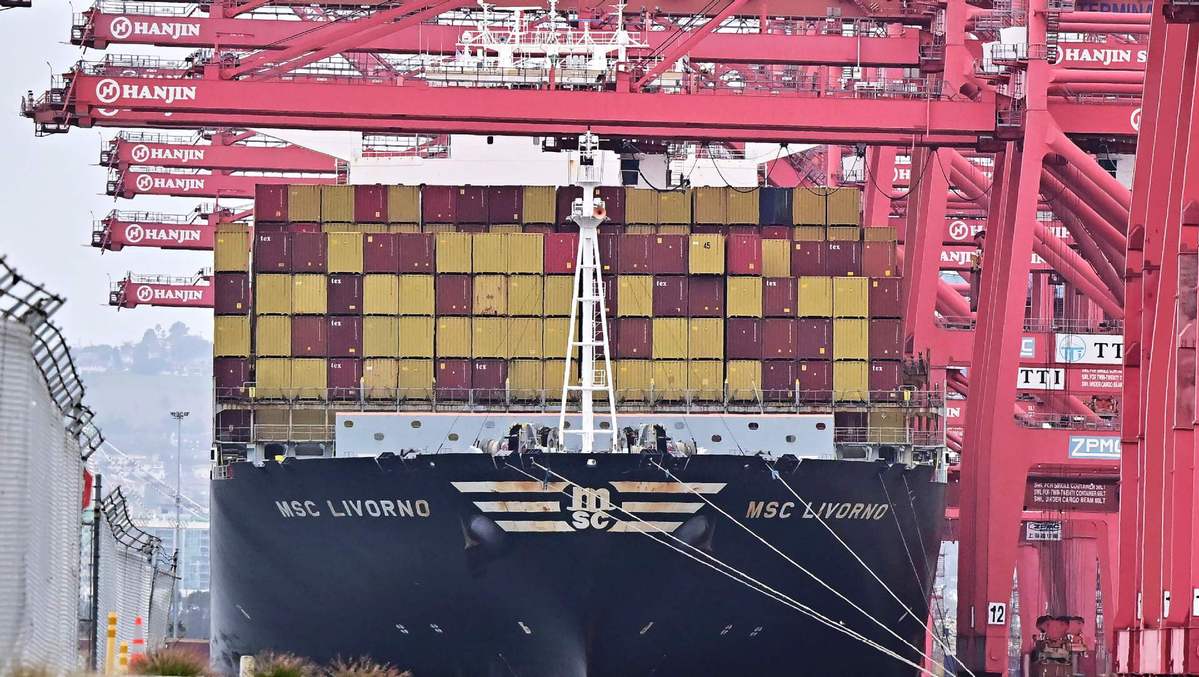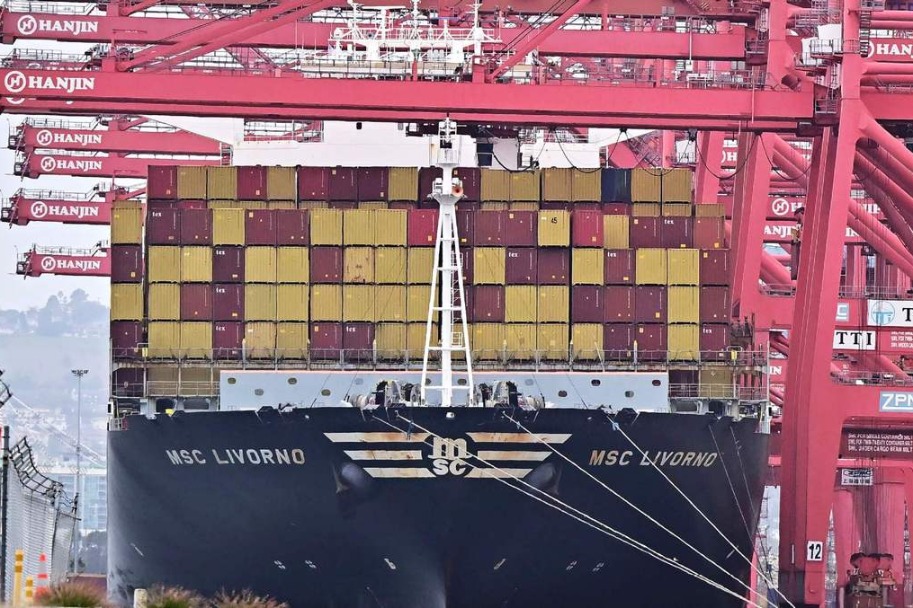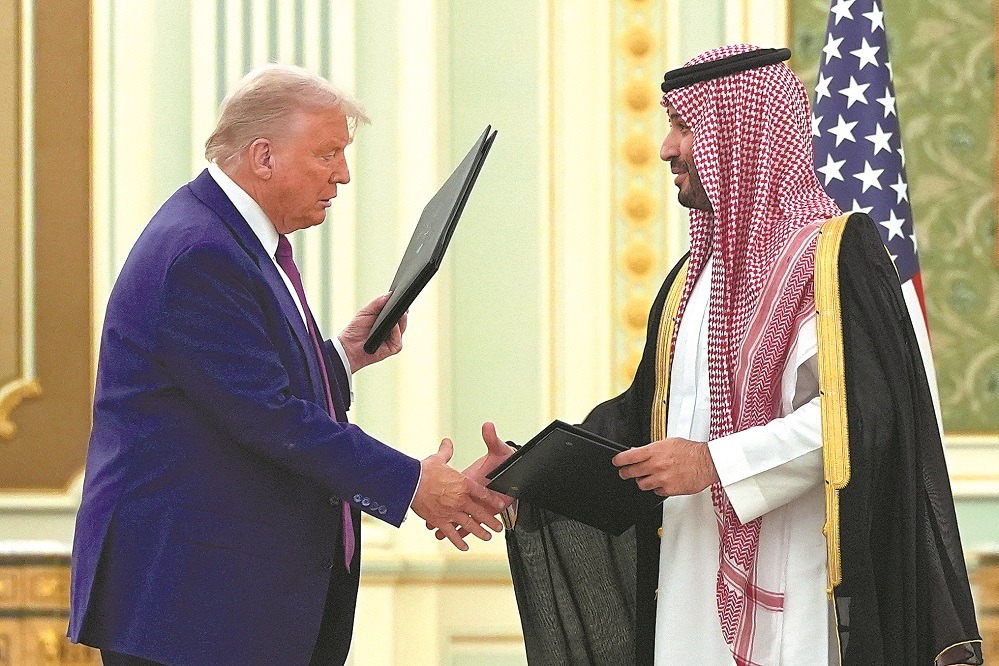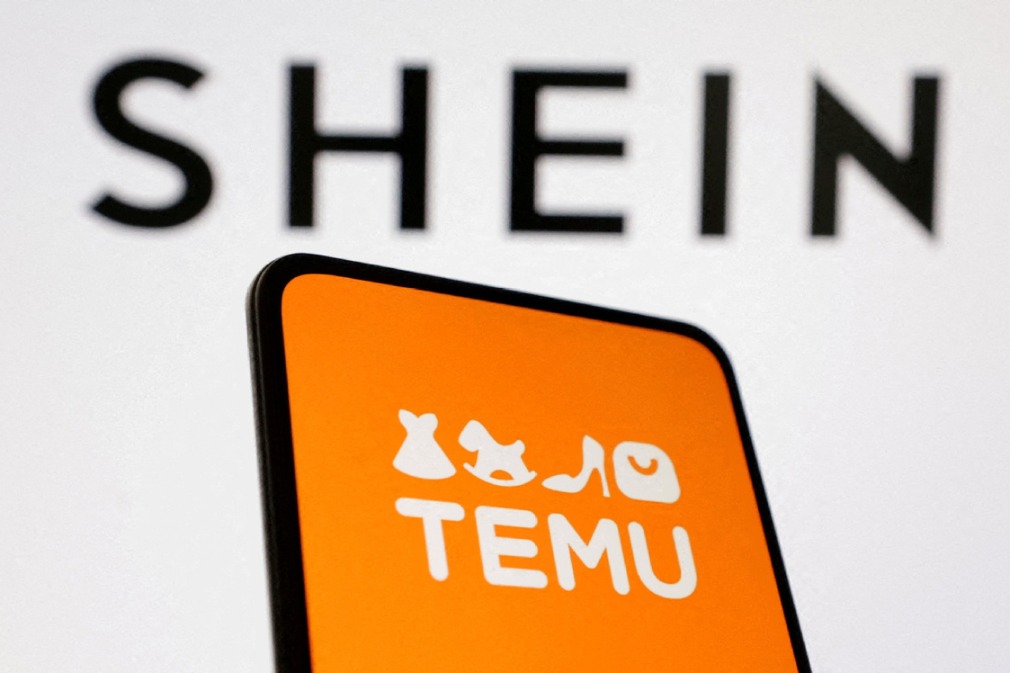Ex-US trade reps: Tariff talks 'positive', but policy still in doubt

The trade agreement between the United States and China reached over the weekend to slash tariffs was acknowledged as a potentially positive development by six former US trade representatives on Monday, though they said it does not resolve concerns about broader US trade strategy.

They tried to "figure out how to make some sense, at least for 90 days, of what has happened and how they move forward", said Susan Schwab, USTR under President George W. Bush.
She spoke at the event, "Conversation with Former USTRs", hosted by the Center for Strategic and International Studies (CSIS) in Washington DC.
The panel expressed cautious relief that the US and China had stepped back from further immediate escalation.
Charlene Barshefsky, USTR under President Bill Clinton, said, "I think it's good that both sides climbed down from the ledge, particularly good that the US climbed down.
"Most of all, I think it's good that the two sides recognize that they each have interests that actually do overlap, one of which is not to decouple," she added.
Robert Portman, USTR under George W. Bush and later a US senator from Ohio, said, "I applaud Secretary Bessent and Jamieson Greer for taking the lemons and making some lemonade, because I didn't think they would get as far as they have," adding that the "jury's still out in terms of the next 90 days".
Michael Froman, USTR under President Barack Obama, concurred, saying, "I think it is good that the two parties are really trying to manage the relationship and climb down from what was a very strict high period of escalation".
However, he and others highlighted the persistent uncertainty that the 90-day window creates for businesses making long-term investment decisions.
Carla Hills, USTR for President George H. W. Bush, described the Geneva outcome as "a very small step forward" but one that "does suggest that maybe the two parties could sit down and make another step forward and then another step forward".
The panel said that underlying issues remain unaddressed and that the Trump administration's overall trade strategy is potentially harmful to both American interests and the global economic system.
Barshefsky downplayed the specific tariff rates, predicting fluctuations, and reiterated the consistent theme across past administrations: engagement with China and an opposition to "decoupling".
Beyond the immediate situation regarding China, the former USTRs expressed their concerns about the direction of US trade policy in recent years.
"Where is the US going with this? What is the place in the world we want?" asked Barshefsky, arguing current policy lacks clear objectives and is "destroying the very system we helped to create".
Froman criticized what he called was the US' adoption of protectionism and its industrial policy. He expressed concern about the impact on the multilateral trading system.
Hills said that the US erred by weakening the World Trade Organization (WTO). "If we fall back and adopt a policy of tit-for-tat tariffs, we will simply become much less influential, prosperous, and proud of our history," she said.
The former USTRs also explored the shifting role of Congress. Schwab talked about how historical legislation delegated tariff-raising powers to the president while Congress retained market-opening authority (trade promotion authority, or TPA), which has now lapsed.
"We may criticize the current administration for only using sticks ... but they don't actually have any carrots because Congress hasn't delegated that authority," she said.
Portman confirmed that Congress had "very generously delegated its authority", enabling recent presidential actions. He mentioned that recent administrations had not requested TPA, while it could get potential bipartisan support.
Regarding the WTO, the former officials agreed its core functions are stalled, with several endorsing "plurilateral" agreements as a pragmatic path forward.
They also discussed the narrative blaming past trade policies for harming American workers. Barshefsky countered that trade boosts overall economic growth; benefit distribution depends on domestic policy.
Froman agreed, saying that domestic policy failed to address dislocations primarily caused by technology, not trade.
"Economists tell us 80 percent of dislocation in the US was due to technology, not trade," Froman said.
Ronald Kirk, also USTR under Obama, pointed out the political reality where anti-trade rhetoric often prevails.
"We are ... destroying the very system we helped to create, which has been so enormously positive for the United States," Barshefsky said.

































